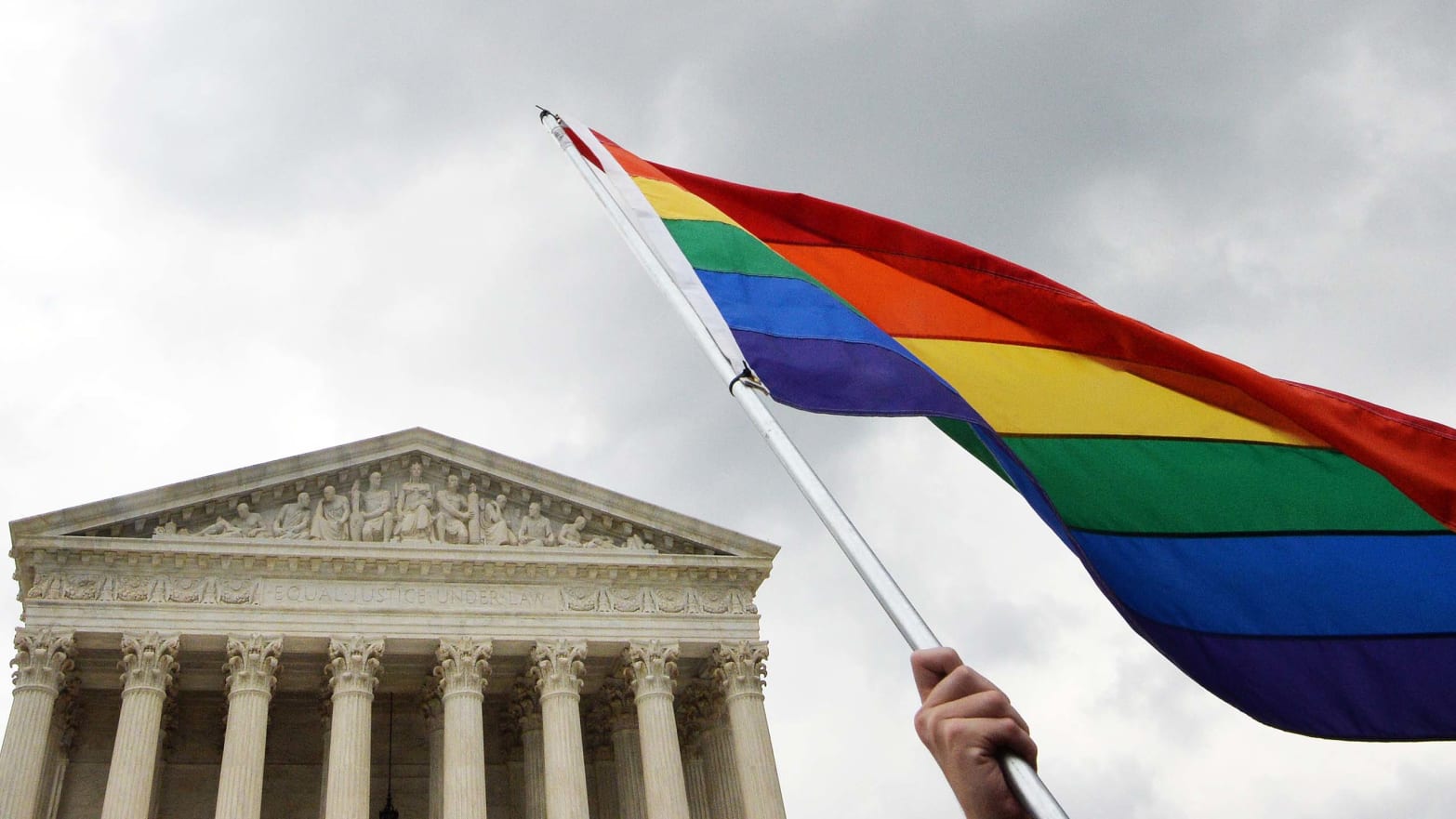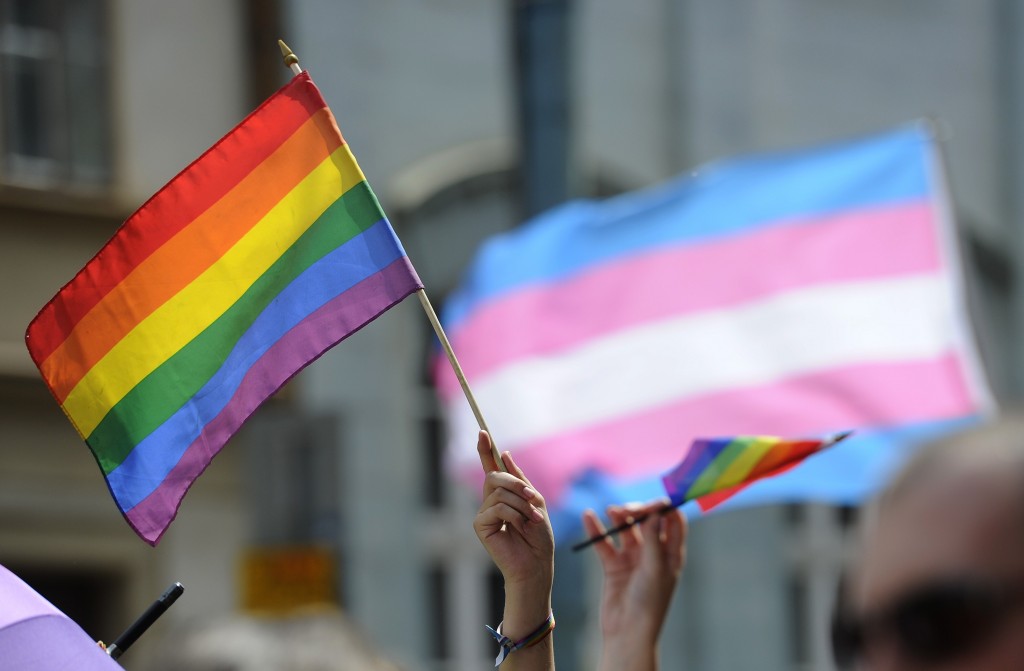
PRACTITIONER BLOG
Read our analyses of developments in Impact Litigation and stay current on class action law

Impact Fund and Amici: Ninth Circuit’s New “De Minimis” Standard for Predominance Is Wrong and Disadvantages Workers
Our brief argues that the panel’s decision is inconsistent with decades of Supreme Court and Ninth Circuit precedent regarding class certification and trials challenging employment discrimination and other workplace violations, such as wage theft. To require plaintiffs to demonstrate no more than a “de minimis” number of uninjured class members at the class certification stage forces district courts to engage in a full-blown inquiry into the merits of the case, an inquiry which the Supreme Court and the Ninth Circuit have repeatedly stated courts are expressly forbidden to undertake at that stage.

Impact Fund and Allies File Amicus Brief Urging SCOTUS to Protect LGBTQ Workers
LGBTQ workers are entitled to the full protections of our nation’s laws. If the Supreme Court rules that Title VII does not prohibit discrimination based on sexual orientation and gender identity, it will create an arbitrary and painful carve-out to the landmark civil rights law, leaving LGBTQ workers vulnerable to discrimination and harassment on the job. The Impact Fund and our allies urge the Court to adopt a uniform, protective standard that will fulfill Title VII’s promise of equal employment opportunity for all.

Introducing Impact LGBTQ: Impact Fund’s Newest Initiative for Social Justice
Our twenty-five years of litigating civil rights cases, training plaintiffs’ attorneys in complex and impact litigation, and supporting innovative social justice cases have given us a unique understanding of what it will entail to enforce the laws protecting LGBTQ people. That’s why we are launching Impact LGBTQ.

REFUSING TRANS PEOPLE HEALTHCARE SERVICES IS SEX DISCRIMINATION, SAY IMPACT FUND AND ALLES IN AMICUS BRIEF TO IOWA SUPREME COURT
EerieAnna (27) and Carol (42) have identified as female since they were young children, and they have both undergone hormone therapy, psychological care, and the legal processes to change their names and genders. When they tried to undertake sex reassignment surgery, however, their health insurance carriers, managed by Iowa’s state Medicaid program, denied them coverage

A question for Microsoft: How many #MeToo’s does it take?
Sworn statements explained how women at Microsoft are undervalued in comparison to men, are denied opportunities that men receive, are left out of important meetings, and work in a sexualized environment in which male employees stare at women’s breasts, grope them, and comment on their bodies and clothes. One woman explained the pressure that she and other women feel to “hit the sweet spot between being perceived as ‘too timid’ or ‘overly passionate’ and ‘too harsh’ in Microsoft’s male-dominated culture.” Her male manager lowered performance ratings for her and the team of women she supervised because he believed they did not “smile enough.”

Distinguishing Dukes: Another Victory For Employment Discrimination Class Actions
Employers have consistently taken the position that challenges to employment processes that involve some element of subjectivity – and most do – cannot be brought on a class basis after Dukes. According to the logic of this argument, only non-discretionary evaluation measures, such as standardized tests or physical fitness tests, will satisfy commonality under Rule 23(a). Fortunately, a recent opinion from the Southern District of New York joins the growing list of decisions rejecting this extreme position.
Standing Up for the Full Promise of Equal Employment Opportunity
Victor Guerrero applied twice for employment as a Corrections Officer with the California Department of Corrections and Rehabilitation (“CDCR”). Both of his applications were subject to a multi-step review process, one step of which was a background investigation questionnaire. Since 2009, the background investigation questionnaire has included the following question: “Have you ever had or used a social security number other than the one you used on this questionnaire?” This question, known as Question 75, exclusively eliminated Latino applicants—including Mr. Guerrero—from the review process. Mr. Guerrero filed suit, alleging Question 75 has a disparate impact on Latino applicants.
Black Workers Get Class Action Certification in Race Discrimination Case
The Western District of Washington recently certified a class of black workers asserting claims of race-based discrimination based on subjective decision-making in the hiring and firing process of workers at the Sound Transit “University Link” light-rail project. The case is Rollins v. Traylor Bros., Inc., No. C14-1414 JCC, 2016 WL 258523 (W.D. Wash. Jan. 21, 2016). After allegations of discrimination and harassment against black laborers at the Traylor Bros., Inc./Frontier-Kemper Joint Venture (“TFK”) site. Sound Transit hired an expert (Marcella Flemming Reed) to investigate...
